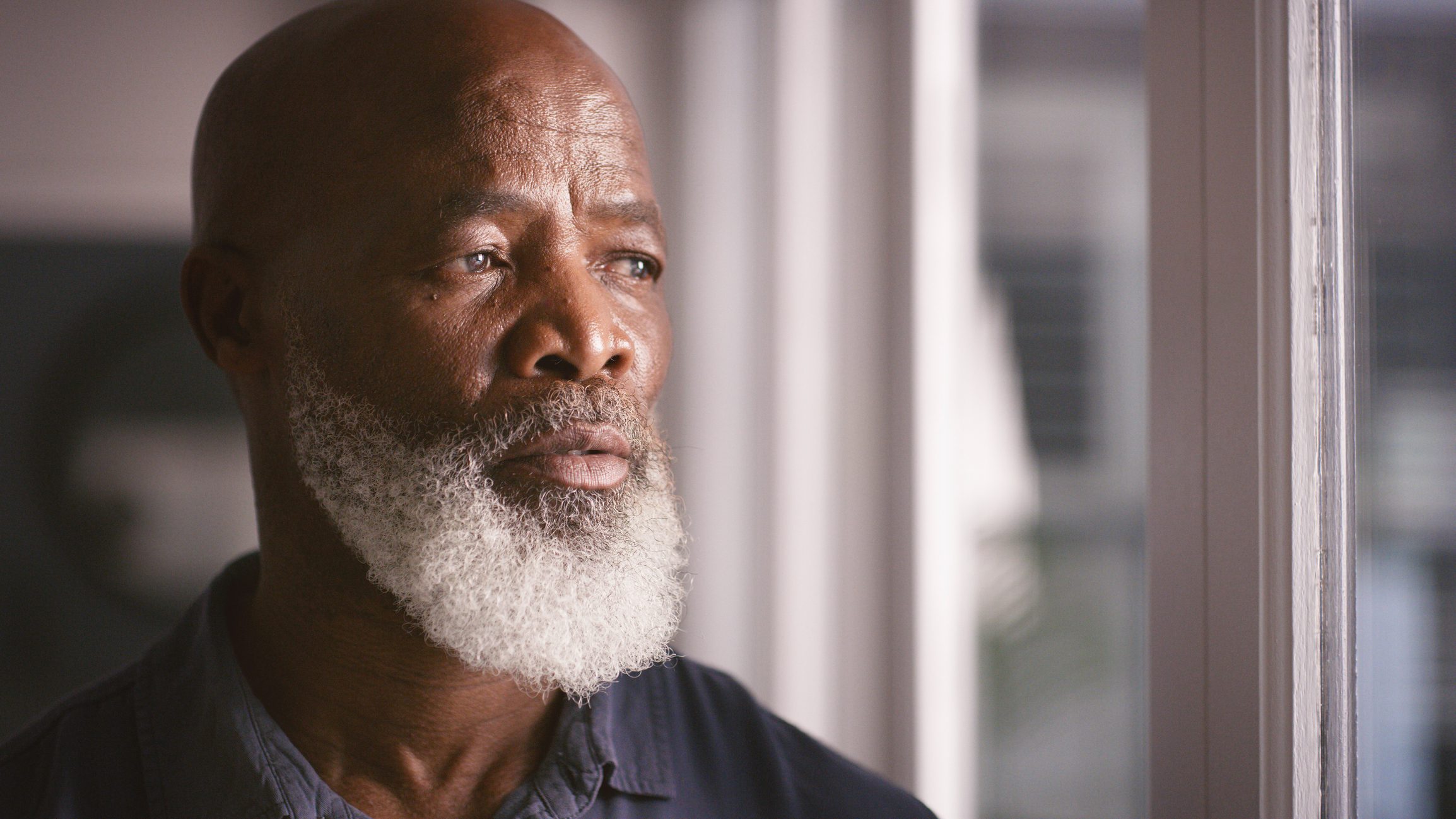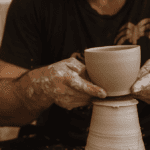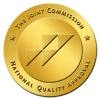Bipolar disorder is a mental illness that causes dramatic mood swings and extreme highs and lows. Those with bipolar disorder experience episodes of mania and depression and have changes in their sleep patterns, energy, and behavior. There is no cure for the disorder, but with therapy and medication, it can be effectively managed.
Causes and Risk Factors of Bipolar Disorder
The exact cause of bipolar disorder is unknown. Those with a close relative with bipolar disorder are at a higher risk of developing the condition. In addition to genetics, chemical and hormonal imbalances are associated with the illness.
The following factors may put you at risk for bipolar disorder:
- Having a close family member with the disorder
- High stress or trauma
- Alcohol or drug abuse
- Other types of health conditions
Recognizing the Signs of Bipolar Disorder
The symptoms of bipolar disorder can vary from person to person. Some people experience milder symptoms than others. Often a family member or close friend will notice that the person is having mood swings and unusual behavior before the individual realizes that they have a problem. According to the Mayo Clinic, symptoms associated with bipolar disorder can cause unpredictable changes in a person’s mood and behavior.
The signs of bipolar disorder may switch from manic episodes to severe depression. Some signs of mania to be aware of include:
- Agitation or irritability
- Extreme talkativeness or rapid speech
- Feeling overly happy or excited
- Restlessness
- Insomnia
- Increase in energy
- Poor concentration
- Lack of judgment
- Alcohol or substance abuse
- Unusually high sex drive
Some signs of depression that can occur with a bipolar episode are:
- Extreme sadness
- Bouts of crying
- Isolation
- Feeling hopeless
- Lack of energy or motivation
- Guilt or worthlessness
- Change in sleep and eating habits
- Weight loss or weight gain
- Trouble making decisions
- Suicidal thoughts or attempts at suicide
The most obvious sign of bipolar disorder among children or teens is severe mood swings. These mood swings are different from the usual childhood or teenage mood swings.
When to Seek Professional Help
If your loved one exhibits any of the following signs, seek immediate medical help for them:
- Talk of suicide or death
- Reckless or dangerous behavior
- Alcohol or substance abuse
- Giving away beloved possessions
Bipolar disorder can be diagnosed by a doctor or mental health professional. It will not improve or go away on its own without professional treatment. Bipolar disorder can happen at any age but commonly is diagnosed in the teen years to the early 20s. Bipolar disorder can be classified as the following, depending on the person and their specific symptoms:
- Bipolar I disorder
- Bipolar II disorder
- Cyclothymic disorder
- Unspecified bipolar and related disorders
Bipolar Treatment Options
The goal of treatment for bipolar disorder is to manage the symptoms of the conditions. Since there is no cure for the disorder, a variety of treatments may be combined for best results. Some treatment options for bipolar disorder include:
- Medications. A combination of prescription medications is most effective for treatment of the disorder. Medications may include mood-stabilizing drugs, antipsychotics, and antidepressants. These medications may be prescribed together, and the dose and type depend on the person and their specific needs.
- Therapy. Therapy such as psychotherapy can be used in addition to medication for best results.
Those on medication should follow the advice of their doctor. If your symptoms have subsided, do not discontinue or stop taking your medication without first discussing it with your doctor or psychiatrist.
Co-Occurring Conditions
In addition, those with bipolar disorder often have a dual diagnosis. According to the National Institute of Mental Health, substance abuse and bipolar disorder are a common dual diagnosis. While the link between the two conditions has not been determined, there are some correlations between the two. Since bipolar disorder can cause extreme highs and lows, it can push someone to abuse drugs and alcohol. Alcohol and drugs can worsen the symptoms of bipolar disorder. If someone is abusing drugs and alcohol in addition to having bipolar disorder, they will need to seek treatment for both conditions.
Some other co-occurring conditions with bipolar disorder include:
- Anxiety disorder
- Eating disorder
- Attention-deficit hyperactivity disorder (ADHD)
- Health problems such as heart disease, thyroid problems, or obesity
If you or a loved one is struggling with bipolar disorder, consult with a professional for help. Help is available and can make life more manageable for those with the disorder.






